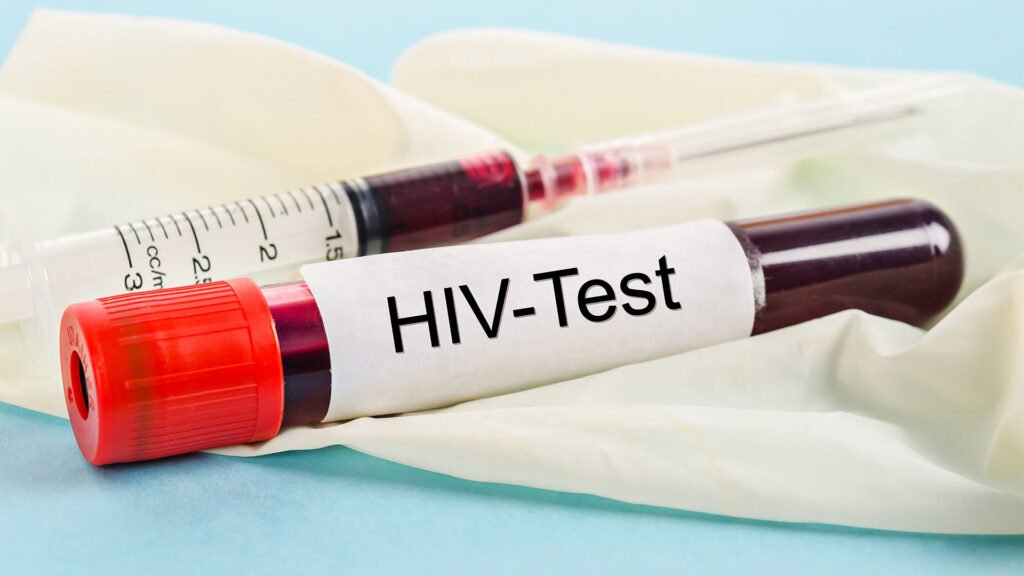HIV remains a significant global health issue, with millions of people living with the virus. Detecting it early through HIV testing in Singapore is an important step in preventing its spread. But how exactly does HIV testing help curb the transmission of the virus? Let us explore the crucial role of HIV testing in both individual health management and broader public health efforts.
Understanding HIV and Its Transmission
HIV (Human Immunodeficiency Virus) attacks the body’s immune system, specifically the cells which are critical for fighting infections called the CD4 cells (T cells). HIV can escalate to AIDS (Acquired Immunodeficiency Syndrome), a condition where the immune system becomes severely compromised, if left untreated.
HIV is mainly spread through the following:
- Unprotected sexual intercourse with an infected individual
- Sharing syringes, needles or any other injecting equipment with someone who has HIV
- From mother to child during childbirth or breastfeeding
- Contaminated blood through transfusions (rare in countries with rigorous blood screening policies)
The Importance of HIV Testing
1. Early Detection and Treatment
Through HIV testing, this promotes early HIV detection and allows people to start antiretroviral therapy (ART) sooner. ART aids to manage the virus, maintain a healthy immune system and decreases the viral load to undetectable levels, substantially reducing the risk of transmission.
2. Awareness and Prevention
Knowing one’s HIV status is vital for making informed decisions about sexual health and drug use. Those who have been tested negative can take precautionary and preventive measures, like using condoms or pre-exposure prophylaxis (PrEP), to stay HIV-negative. Those who have been tested positive can take steps to avoid passing the virus to others.
3. Reducing Stigma
Extensive HIV testing can support normalization of the process, reducing stigma and encouraging more people to get tested. This openness influences a better-informed public and supports the goal of diminishing new HIV infections.
4. Protecting Partners
Regular HIV testing is vital for sexually active individuals, especially those with multiple partners. Early detection allows people to inform their partners and take preventive actions, such as condoms or taking ART to lessen the risk of spreading the virus.
5. Preventing Mother-to-Child Transmission
Pregnant women are routinely checked and tested for HIV to avert mother-to-child transmission. If a woman is HIV-positive, she can start treatment to decrease the risk of passing the virus to her baby during pregnancy, childbirth or breastfeeding.
Types of HIV Tests Available in Singapore
1. Antibody Tests
These tests identify the antibodies produced by the body as a result of an HIV infection. They can be done by using a blood sample and results will be provided within one to three days. This option is optimal for people with a window period longer than four weeks. This test is reliable and has a high accuracy rate to determine the presence of certain antibodies.
2. Rapid HIV Tests
A rapid HIV test includes blood sampling to detect the presence of HIV antibodies. Unlike traditional HIV tests that require laboratory analysis, this provides results quickly, oftentimes within 20 to 30 minutes.
3. Western Blot HIV Tests
The Western blot test is a blood test that verifies if a person is HIV positive upon diagnosis. The test does not detect the HIV virus itself, but rather the antibodies produced by the body in response to the virus. It works by separating the blood into its components and identifying specific proteins known as HIV antibodies, which indicate an HIV infection.
4. RNA/DNA PRC Tests
This test is usually recommended for people that were exposed to HIV between 10 and 14 days. It is also a blood sample testing and the interval of the results differs between one and two weeks. The test detects the genetic material (RNA or DNA) of the HIV virus in the blood sample. This test directly identifies the virus itself, permitting for earlier diagnosis and monitoring of viral load. An HIV RNA/DNA PRC Test is a good alternative for situations wherein the Western Blot HIV Test results are not conclusive.
The Role of Healthcare Providers
Healthcare providers play a crucial role in HIV testing and prevention efforts. Here are the things they can assist with:
- Encourage routing HIV testing as part of regular medical appointments
- Offer pre-test and post-test counseling to help individuals throughout the testing procedure
- Educate patients about HIV prevention approaches, such as safe sex practices and needle exchange programs
- Provide referrals to support services and treatment programs for those that are tested HIV positive
- With patient consent, healthcare providers may support in notifying and offering testing to sexual or needle-sharing partners of HIV-positive individuals
- If a patient tests positive, the healthcare provider should directly connect them with specialized HIV care and support service
- Dispel myths about HIV and combat stigma that may thwart people from getting tested or seeking treatment
- Ensures that HIV test results and related personal information are kept strictly confidential, in compliance with legal and ethical standards
- Continually update their knowledge and practices as HIV testing technology and protocols evolve over time
Community and Global Efforts
Community-based organizations and global health initiatives are important in promoting HIV testing and deterrence. They can provide accessible testing services, especially in underserved areas in the community. They are able to conduct awareness campaigns to teach the general public about the importance of HIV testing and prevention. They can advocate for policies that support HIV prevention, treatment and care. They work towards reducing the stigma and discrimination associated with HIV.
Conclusion
HIV testing is a powerful tool in the fight against HIV or AIDS. By facilitating early HIV detection, encouraging informed decision-making, and allowing timely treatment, HIV testing helps prevent the transmission of the virus and improves the quality of life for those living with HIV. Regular HIV testing, combined with education and preventive measures, is critical for attaining the goal of an HIV-free generation.
If you have not been tested for HIV recently, consider making an appointment today. Knowing your status is the very first step towards protecting your overall health and the health of those around you. By working together, we can significantly impact the fight against HIV.
—
The Health Advisory Clinic
One Raffles Place, #04-49
1 Raffles Place, Singapore
048616
Whatsapp: (+65) 9886 6442



